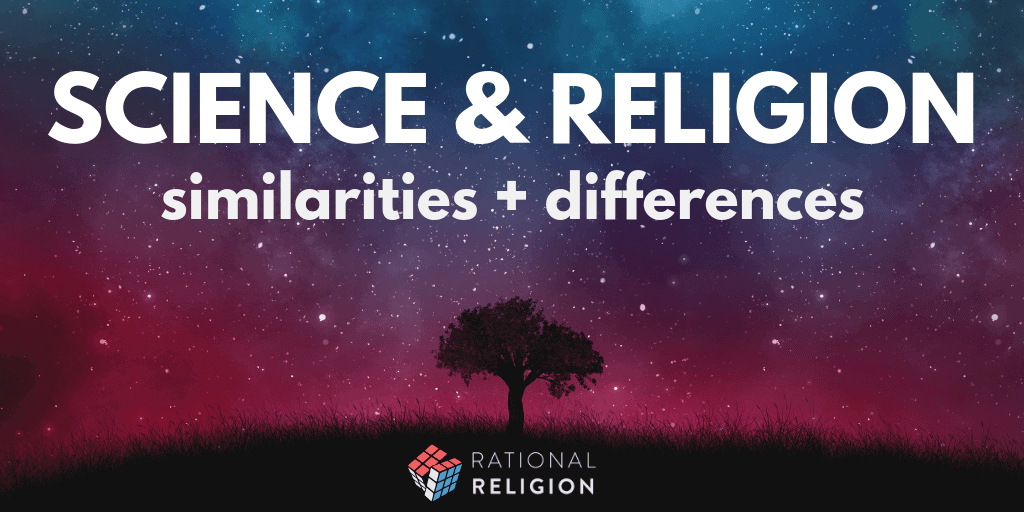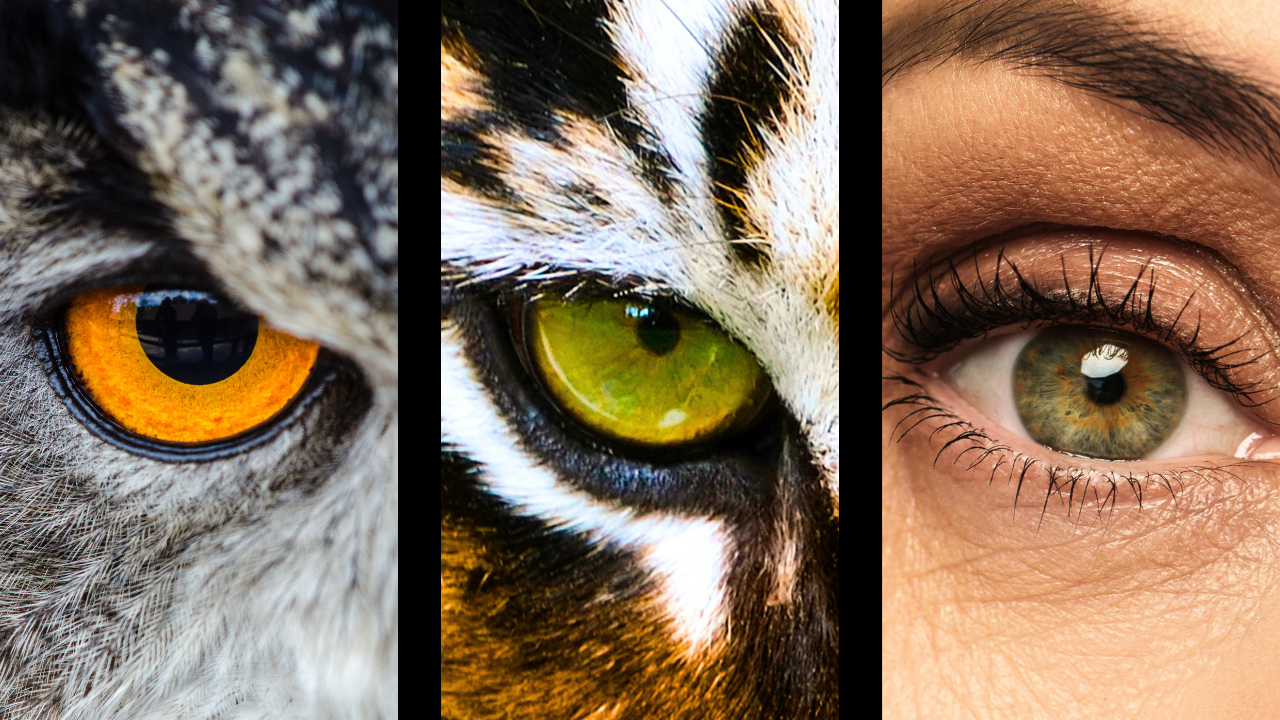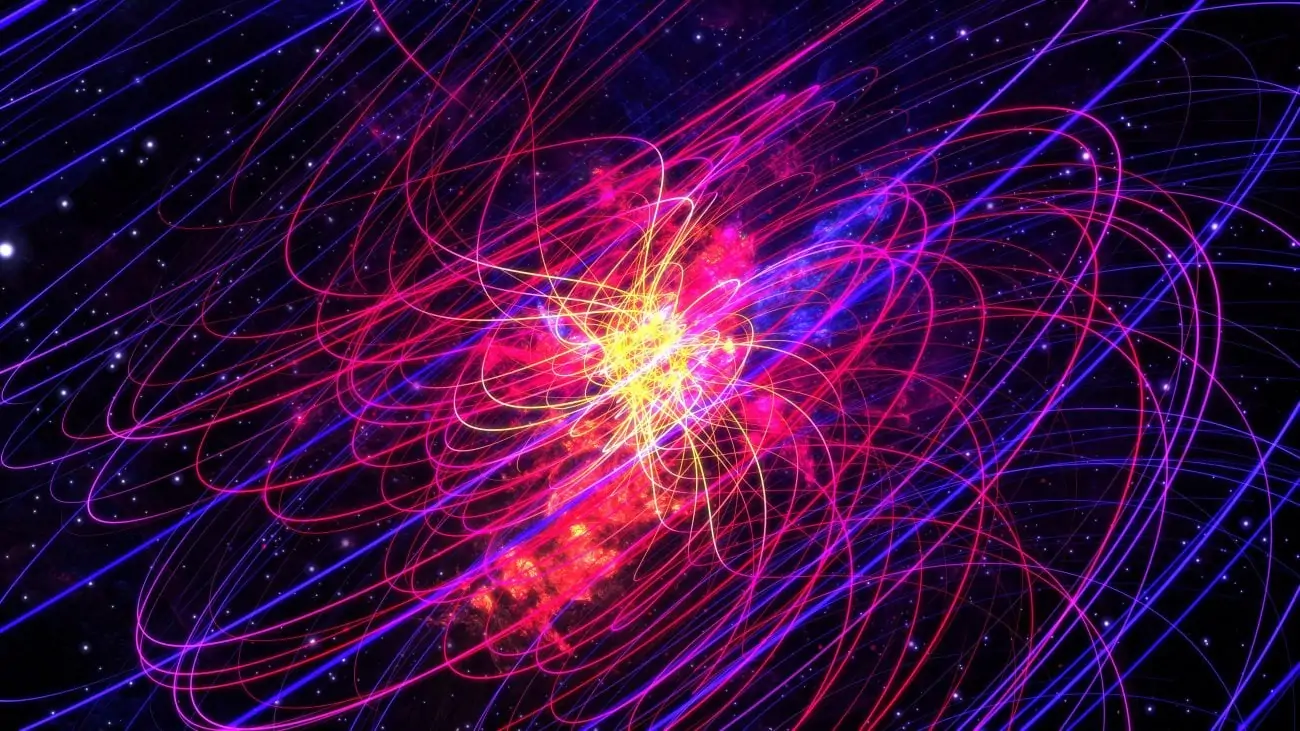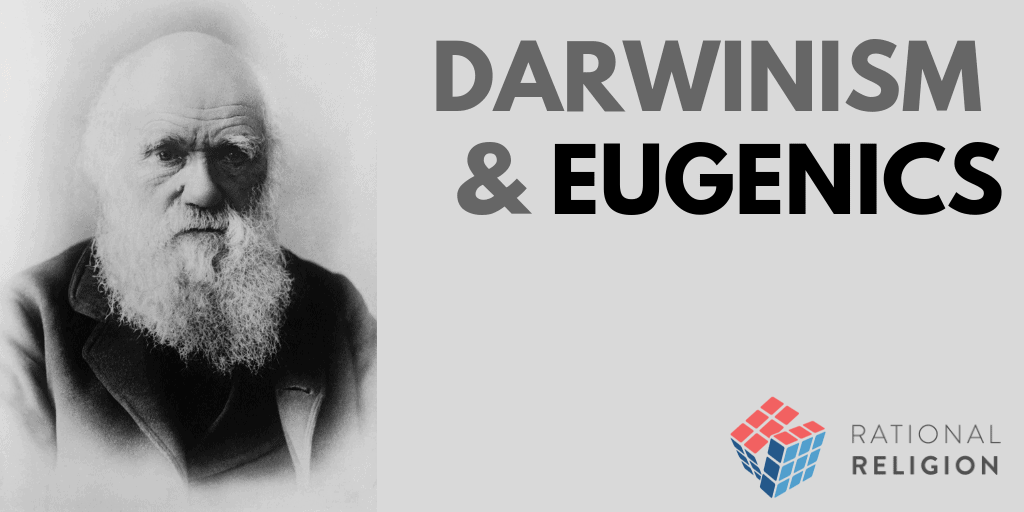Science and religion. Friends or foes? The two fields have been in an intellectual and experimental dance since time immemorial, and still the curtains haven’t been drawn on the subject. Will there ever be reconciliation between the two?
The criticism at present (and for some time) is that religion no longer produces visible results. This is due to its flawed methodology, whereby one has people making unfalsifiable, vague claims that can’t be tested or reproduced accurately or precisely in the way science can. In this particular article we will be looking into what it is that science and religion actually aim for respectively. Later articles will look into the methodology of a true religion, a comparison of said religion with different scientific schools of thought, and finally why we believe Islam is the only religion capable of this harmonisation.
The Aims of Science
In this article we are briefly outlining what science (not exclusively scientists) aims for. For science, this is somewhat more vague than a true religion (see below), as the aspirations of individual scientists plays an important role in what the sought after aims of science are. Nonetheless, here I will summarise some of the main driving factors for the development of science and its theories. Where better to go to for this than some of history’s eminent scientists?
“It is the function of science to discover the existence of a general reign of order in nature and to find the causes governing this order. And this refers in equal measure to the relations of man (social and political) and to the entire universe as a whole…” – Dmitri Mendeleev (Chemist)
“It is the grand object of all theory to make these irreducible elements (principles) as simple and as few in number as possible, without having to renounce the adequate representation of any empirical content whatever.”
Albert Einstein
It is apparent that one of science’s principle aims is to firstly to seek truths and laws of the Universe, and secondly to attain a perfection in these laws (even if the assumption is that we might not get there). This is evidenced by the deep desire of the scientific community to establish a GUT (Grand Unified Theory).
“The pioneer spirit is still vigorous within this nation. Science offers a largely unexplored hinterland for the pioneer who has the tools for his task. The rewards of such exploration both for the Nation and the individual are great. Scientific progress is one essential key to our security as a nation, to our better health, to more jobs, to higher standard of living, and to our cultural progress.”
Vannevar Bush (Engineer)
This quote illustrates the importance of science in providing material benefits to mankind; whether that be for bringing ease to the labours of citizens, or allowing mankind to reach new places in space. Science has always allowed for advancements in fields such as medicine, agriculture, constructions, travel and arts.
While it is difficult to explicitly define the aims of science, there are common themes; pursuit of knowledge, seeking of perfection, to benefit mankind with higher living standards, pleasures, education and health.
The Aims of a True Religion
To introduce the aims of religion, let us begin with a glance at the thoughts of eminent religious personages throughout history. We will not go into the depths of discussion for now, but it is the belief of our community that Buddha(as) and Confucius(as) were men of God, their followers causing the original teachings to be lost to time, with only the remnants of them being here today. The proof of accuracy of their original teachings comes through the proof of more recent men of God.
“…Confess and believe in God who is the worthy object of obedience.”
Rock of Pardohli (early Buddhist source) (1)
Likewise, we see from Confucius this concept of obedience and pursuance of The Divine:
“…Be always studious to be in harmony with the ordinances of God.”
Works of Mencius (early Confucian source) (1)
The founders of Judaism and Christianity both taught the same obedience and love and pursuit of The Creator. Islam’s perspective also correlates with this.
Islam teaches the worship and knowledge of God:
وَ مَا خَلَقۡتُ الۡجِنَّ وَ الۡاِنۡسَ اِلَّا لِیَعۡبُدُوۡنِ
And I have not created the Jinn (chiefs) and the men (common people) but that they may worship Me.
Holy Quran 51:57
Thus, the true purpose of man’s life is the worship of God, His understanding and complete devotion to Him. Likewise, it is narrated in the following Hadith that Allah created us so that He may be known.2
I was a hidden treasure then I decided that I be recognised and the world may know me, therefore, I Created Adam.
To achieve this, a complete spiritual transition is required.
یٰۤاَیُّہَا النَّاسُ اعۡبُدُوۡا رَبَّکُمُ الَّذِیۡ خَلَقَکُمۡ وَ الَّذِیۡنَ مِنۡ قَبۡلِکُمۡ لَعَلَّکُمۡ تَتَّقُوۡنَ
O ye men, worship your Lord Who created you and those who were before you, that you may become righteous
Holy Quran 2:22
The pursuit of righteousness here is addressed as it is a means to attain nearness to that Being Who created us. Righteousness is defined by Mirza Ghulam Ahmad, the Founder of the Ahmadiyya Muslim Community, as follows:
“There are many elements in righteousness. It is righteousness to avoid pride and self-esteem and to refrain from unlawful acquisition and ill manners. A person who displays courtesy and good manners converts his enemies into friends.” (3)
“Righteousness means that one must be mindful even of the smallest details of the Divine trusts and covenants and also of all the trusts and covenants of one’s fellow beings, as far as it may be possible. That is, one must try to fulfil, to the best of one’s ability, all the requirements in their minutest details.” (4)

Worship means to completely divest oneself of all rights of ownership, to admit that these rights belong to God, not to us. The second meaning of worship is to follow somebody – to follow in the tracks of someone. So, the second meaning of worship would be to follow the attributes of God (i.e. you must know Him and develop an understanding of Him) because, if He is the Master, you must know what the Master’s desires are and you must respond accordingly. This is done for the sake of man, because all the advantages are gained by man, not by God. In the Holy Qur’an, God states that even if He had not created man or even if all humanity had rejected Him, it would still not make the slightest dent in God’s Sovereignty. (5)
Islam Teaches to Aim to Help Mankind
Man’s second duty is to serve humanity. By expressing love and compassion for all His creation, he does it for God.
وَ لَا تَنۡسَوُا الۡفَضۡلَ بَیۡنَکُمۡ
“And do not forget to do good to one another.”
Holy Quran 2:238
Islam Teaches to Aim to Attain Certainty in the Existence of God
“The true purpose of adopting a faith is that one should acquire such certainty concerning God, Who is the fountainhead of salvation, as if one can see Him with one’s eyes. The wicked spirit of sin seeks to destroy a man and a person cannot escape the fatal poison of sin till he believes with full certainty in the Perfect and Living God and till he knows for certain that God exists.” (6)
Here, Ahmad explains that no one would swallow a poison consciously, and hence, likewise, no one who had certainty of God would go near sin. Certainty in God is a means to be free of human passions.
Islam Teaches to Aim for Communion with God
“Religion helps man to achieve the object of life. Religion guides man into communion with his Maker…” (7)
Islam Aims to Establish the Unity of God
The fourth spiritual Caliph of the Ahmadiyya Muslim community described the establishment of the Unity of God through all the religions of the world as follows: (5)
“We believe in the continuity and universality of religion. That is why Islam lays emphasis on the institution of Prophethood as a universal phenomenon, which means that Prophets have to be accepted in their totality…In this context, the term ‘continuity’ should be understood as something that is similar but not exactly like the evolution of life. We believe in the progressiveness of the message, advancing in step with general human progress in all spheres of human activity.”
Islam Aims to Drive Moral Reformation:
Ahmad(as) states
“Hence, the purpose of the prayer (Guide us in the right path) is that when a person makes this supplication, they ought to emulate the deeds, morals and beliefs of ‘those upon whom God has bestowed His blessings’ (Holy Qur’an, 1:7). In so far as possible, a person must not neglect the importance of doctrine, morals and deeds.” (3)
Islam Aims to Find Perfection
Man naturally wishes to seek perfection; whether it be in his daily work, his family life, his hobbies, yet continuously perfection is not attained. Islam teaches that man seeks this perfection due to his desire to seek that Perfect Being Who is the origin of all creation. Islam aims to nurture people to achieve their highest possible state, in which they can be as perfect as a human can be.
Islam Aims for the Pursuit of Science
The Qur’an alludes to the pursuit of all forms of knowledge, including scientific knowledge. As is said in the Quran, “Think and reflect over what is in heavens and earth.” The reason for this love and pursuit of scientific knowledge and intellectual development is because Islam believes that this knowledge can only increase people’s admiration for the Qur’an and revealed word of God. To study the work of God is a means to know Him more. One can tell a lot about a Creator from His creation. Islam does not advocate hasty judgement without the use of reason and reflection.
The Link Between the Material and the Immaterial
To conclude, it is important to note the distinction between the two aims and objectives of science and religion. Often times, the objection against the progress of religion is due to a misconception of what it wishes to attain. Religion does not wish to pursue solely worldly benefits; it aims for benefits of the spiritual realm which is a means to know and worship God. And yet, this does not negate the use of this world. Religion aims to bridge the perceived gap between the physical and spiritual realms, so as to achieve the purpose of establishing a relationship between mankind and its Creator. It is Islam’s belief that all things in the material world can be used to attain the purpose of religion, including science (which even many scientists of history attest to). What Islam and a true religion disregard is the notion that science explains the ‘whys’ of our existence, but rather only explains some of the ‘how’s’. This is ultimately why an atheistic outlook on science will never satiate people’s thirst for meaning and spiritual fulfilment. True religions declare that mankind isn’t capable of deciding their own purpose of life, but rather that this lies with The Creator. This, Ahmad(as) alludes to as follows5:
“It is obvious that it is not open to man that he should himself lay down the purpose of his life by his own authority in as much as man does not arrive in the world of his own will, nor will he depart from this world of his own will. He is a created being and He Who created him and bestowed upon him better and higher faculties than those bestowed upon other animates, has enjoined a purpose for his life. Whether anyone comprehends that purpose or not, without doubt the purpose of man’s creation is the worship and understanding of God Almighty and to lose himself in Him.” (5)
Science pursues results and conclusions based on a deep study of creation and its laws. True religion, on the other hand, whilst making use of these intellectual capacities, is not wholly reliant on them. True religion also depends on knowledge bestowed by God. Religion is God’s revealed word and science is His Handiwork; in this, there is no conflict. It is unfortunate that many a so-called religious personages have erred in their understanding of the aims of religion, and likewise, many a scientist has erred in their understanding of the definition of science. Both these causing a misconception that there is a contradiction between the two. A misunderstanding of the work and word of God is a recipe for disaster.
Next, we will be delving into the method of a true religion. Is religion simply founded on ideas based solely on feelings and sentiments? Is it simply the thoughts that develop from the subconscious mind? Or is there more to it than that?
References
[1] Ahmad, Tahir. Revelation, Rationality, Knowledge and Truth (p.135,158). Surrey: Islam International Publications, 1998. Print.
[2] Isma‘il bin Muhammad al‘ajlani. Mazyalal Khfa-i-wal albas Vol. 2 (p. 132)
[3] Ahmad, Ghulam. Malfuzat, vol. I (p. 81, 220, 121, 196). Guildford: Islam International Publications, 2018. Print.
[4] Ahmad, Ghulam. Brahin-e-Ahmadiyya, Part V, Ruhani Khaza’in, vol. 21, (pp. 209-210).
[5] Zirvi, Karimullah. Welcome to Ahmadiyyat, The True Islam (pp. 21-38). Surrey: Islam International Publications, 2010. Print.
[6] Ahmad, Ghulam. Nasim-i-Da‘wat Ruhani Khaza’in, vol.19 (pp. 447-448).
[7] Ahmad, Ghulam. Malfuzat vol. 2 (p. 236)
[8] Ahmad, Tahir. Christianity: A Journey from Facts to Fiction (p. 124).











Have a look at this video. A beautiful explanation of the Science and God debate as the speaker articulates very eloquently the limited tools that scientists have in proving the existence of God. They are both in harmony with one another, its just that the Holy Qur’an is still way ahead of its time with prophecies still yet to be fulfilled.
https://www.youtube.com/watch?v=8_MiAzbP-gU